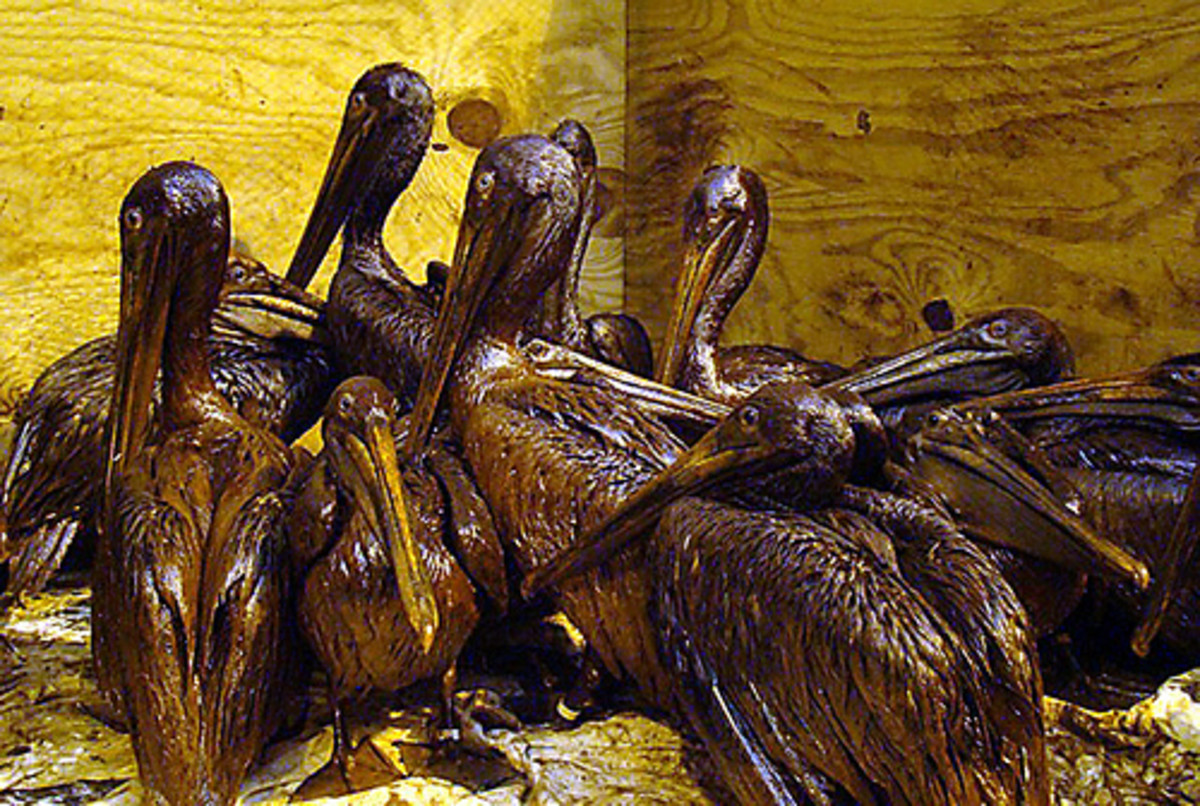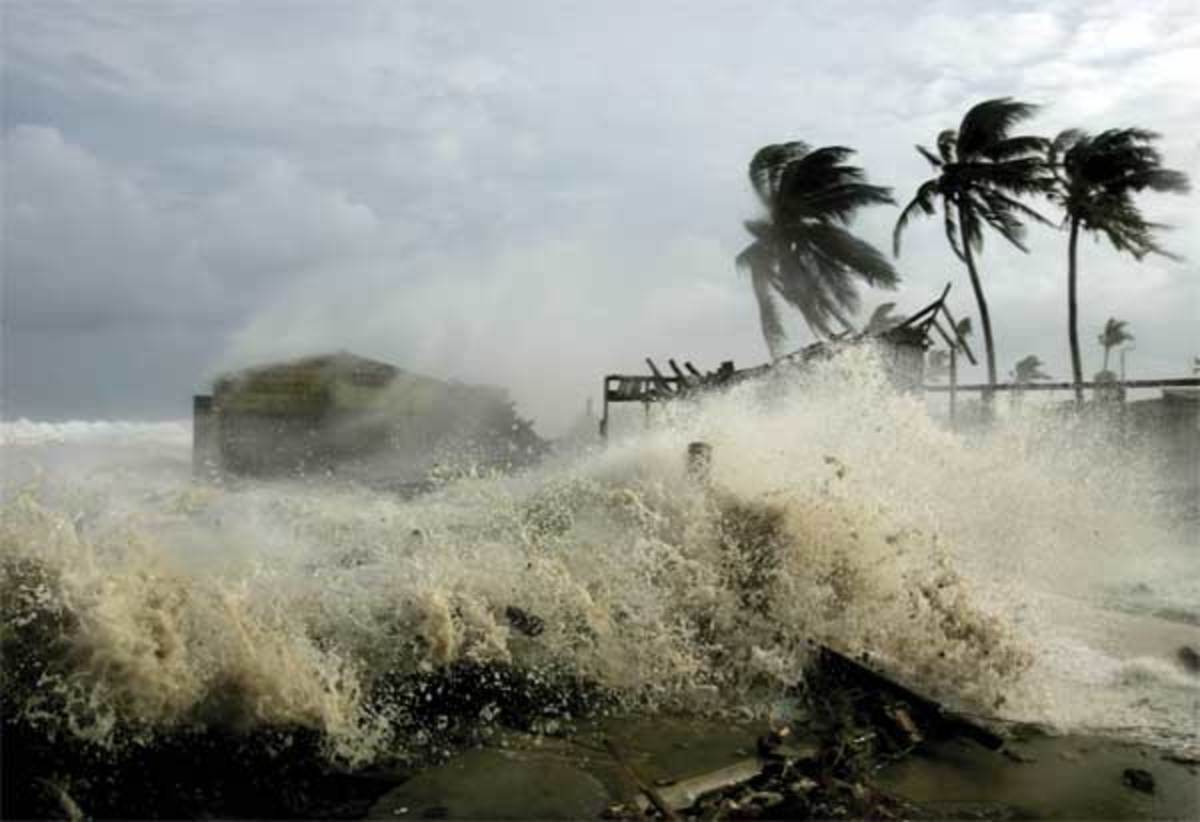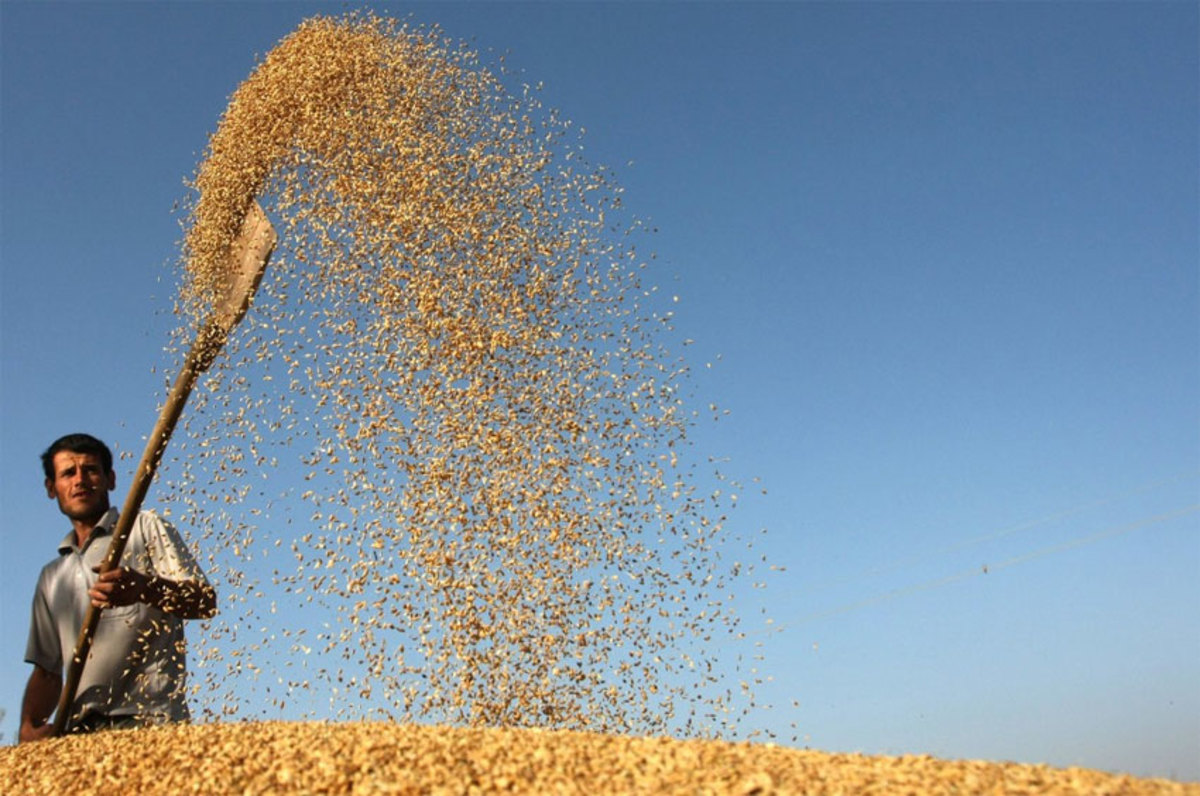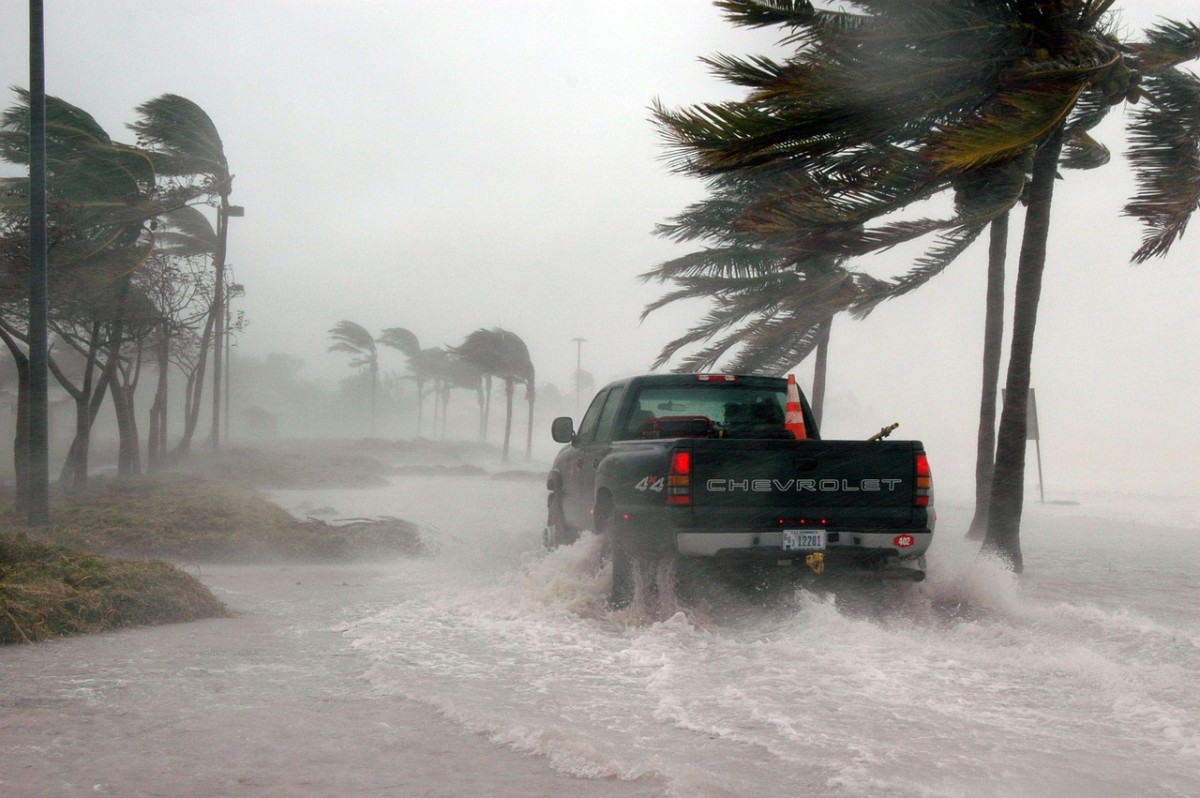5 Good Ways to Extract Oil From The Oil Spill in the Gulf
We Need Innovative Ways To Remove Oil from the Gulf
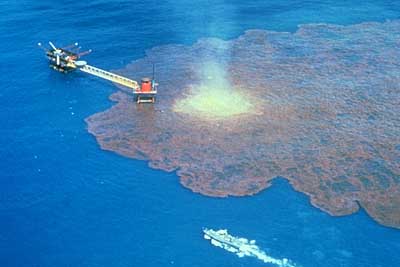
The Oil Spill in the Gulf: An environmental disaster
British Petroleum also known as BP has been scrutinized for causing the worst oil spill in U.S. History. Its obvious that this disaster will cause many health issues for humanity, wildlife and the environment. However, its difficult to say what the exact consequences could be. Fish are dying, sea turtles are floating onto shores, the water has become toxic and is spreading far away. Florida has already reported seeing globs of oil washing up into Pensacola beach, and has reported even more oil that was spotted about 9 miles off of the coast of Florida.
Its clear that something needs to be done and fast. This disaster could have an egregious impact on the environment. With that being said, I want this hub to serve as a brainstorm of ideas that would help to extract oil from the Gulf. I welcome anyone to leave a comment regarding your ideas. In order for us to minimize the consequences of this oil spill, I think that we should use a variety of different methods as opposed to just a few. BP is already siphoning off some oil from the shores, but there are tons of other ways that would prove to be effective.
Efforts to Contain the Oil Spill
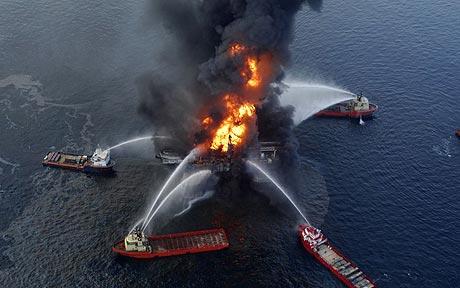
Innovative Ways of Removing Oil from the Gulf
Siphoning
BP has already initiated crews that are siphoning off oil that has washed ashore in Florida and near the spill, but I think it would be really important for crews to be siphoning near the oil spill itself. There is a lot of oil that has leaked over the last month and I would strongly consider having giant tanker boats the size of battleships: If we could have a crew of large boats siphon near the oil spill, they would probably make a significant difference if we had state of the art siphoning systems that are designed to siphon oil. I would consider this to be a state of a emergency, so if there were some giant tanker boats that our government could put into commission, it would seem to be worth while.
Building a wider tube that would minimize the oil leak
This idea pertains to stopping the oil leak. It seems that they have tried everything to stop it and they have continuously failed in their attempts. I am somewhat clueless about what would work however I did have one idea. What if we designed a 3000 ft Steel tube that was wider than the actual pipeline itself. The Steel tube would need to be at least 3000 feet because it would need to reach the bottom of the ocean floor where the oil is leaking. If we could use laser guided technology to place the steel tube over the oil leak, the oil would begin leaking into the tube itself, which would then start to fill until the oil came out of the top. From that point, we could have some tank set up or a siphon that catches oil coming out of the tube, and of course the tube would stick out above the surface of the ocean. This would divert the oil leak straight to a tank or siphon as opposed to letting it leak into the ocean.
Oil Nets around the perimeter of the spill
Perhaps there is some fabric or netting out there that would be ideal for trapping the oil within a certain perimeter. If we could find a way to create some oil barrier within the gulf, we could prevent the oil from reaching the shores, and keep it contained within a certain perimeter. Thereafter, we would deploy clean up crews within that isolated perimeter. This would help contain the oil by trapping it within a perimeter which I would designate as "the cleanup zone". Cleanup crews could then isolate that zone and focus most of their attention to the perimeter that has the highest concentration of oil. Perhaps this would also help the fish in the water as it would prevent the oil from expanding into other habitats. Wildlife would have a better chance of surviving as long as they stayed away from "the cleanup zone" that has the highest concentrations of oil.
Sponge like Rectangles the size of cars
There are plenty of things that can absorb water like a sponge, or a shamwow. Think of a Shamwow that is designed to readily absorb oil, and now picture that shamwow being as thick and as long as a car. This may be one of the most elementary of ideas, but every effort that is made to minimize the pollution is worth it. It wouldn't be a bad idea if BP were to hire someone to design a fabric that is ideal for absorbing oil.
Robots that can detect oil in the water and remove oil with precision
Because oil has a different viscosity than water, they do not exactly mix. Think about when you put water in a cup and then you add olive oil to that same cup. For this reason, oil tends to clump up together, however I am sure that there are oil particles that leaked out into the water simply because it was exposed. If we had robots that can differentiate the viscosity of oil from water, the robots would be very effective at removing oil from gulf by sucking up the area that has high concentrations of oil.
Other Recent Articles
- How To Make Over $100 A Day On Youtube
I've had a Youtube account for over 3 years now, and its fair to say that it has been the pinnacle of my internet marketing profits so far. I'm not saying that most of my profits come from Youtube right now,... - Can Sunlight Really Purify Your Water
Perhaps you've heard it before, some people claim that sunlight will actually purify your water. But as you will soon see, this is only partially true and should not be relied on as a method of purifying... - How Do I Decrease The Fine On A Speeding Ticket
Its not everyday that you hear about someone going to court to fight a traffic ticket or speeding ticket and the citation gets dismissed. But there are many reasons that this doesn't happen that often.


